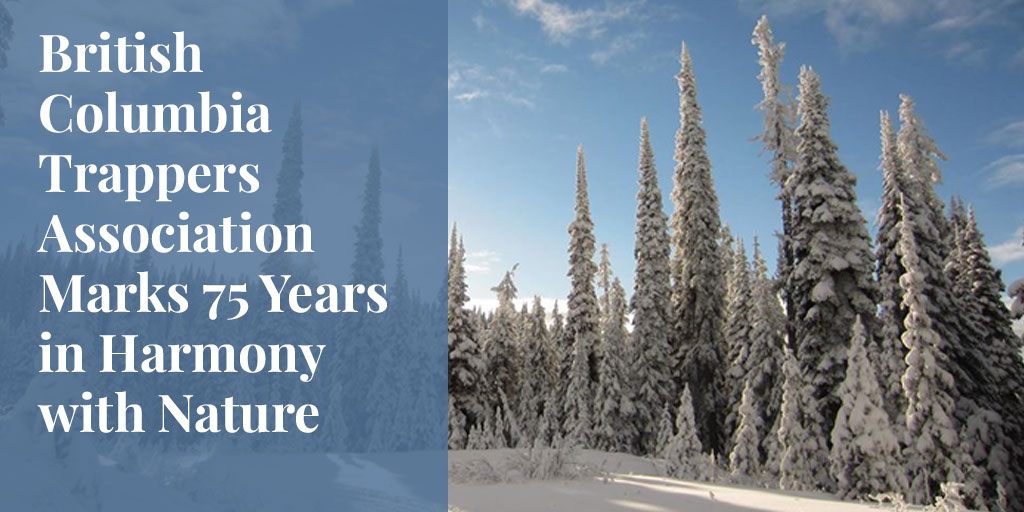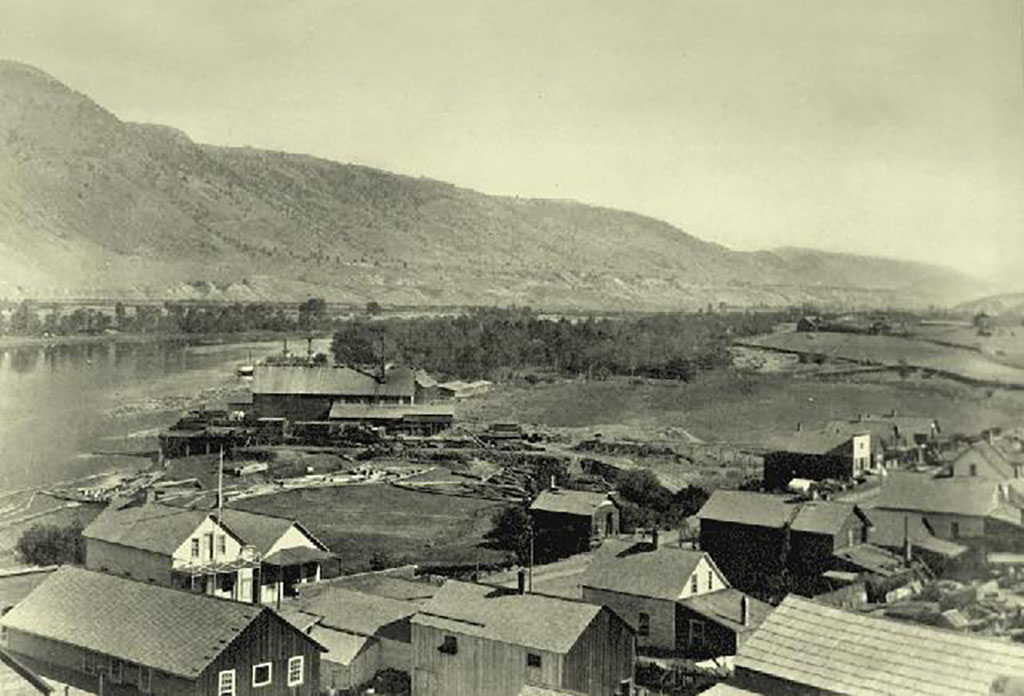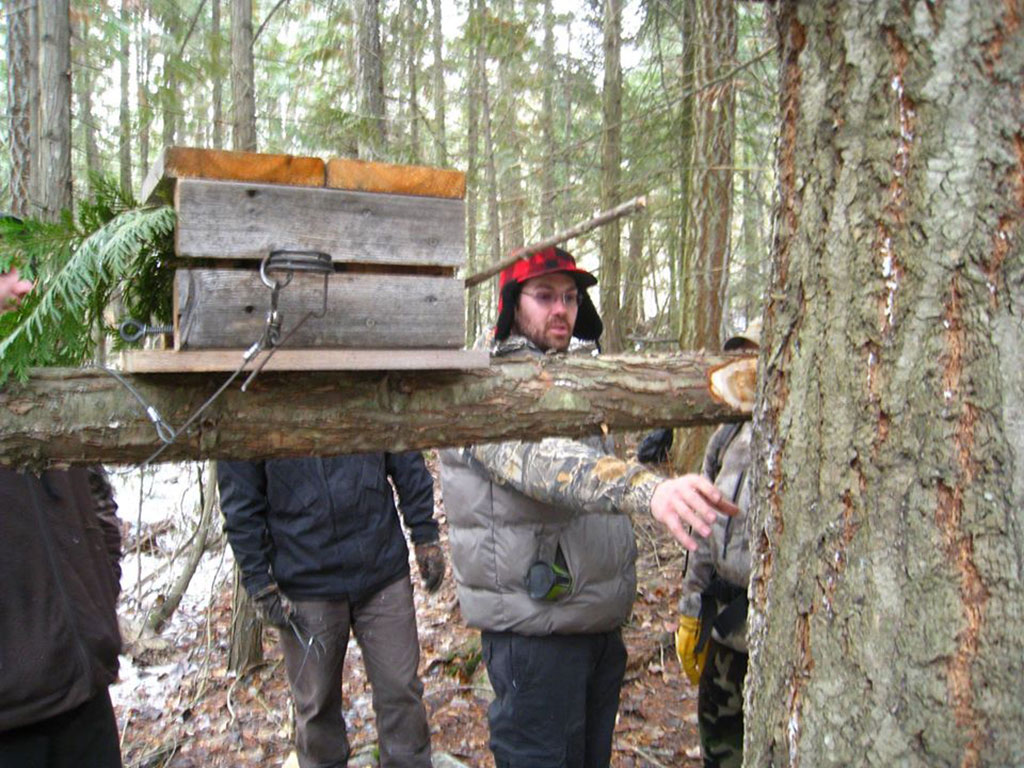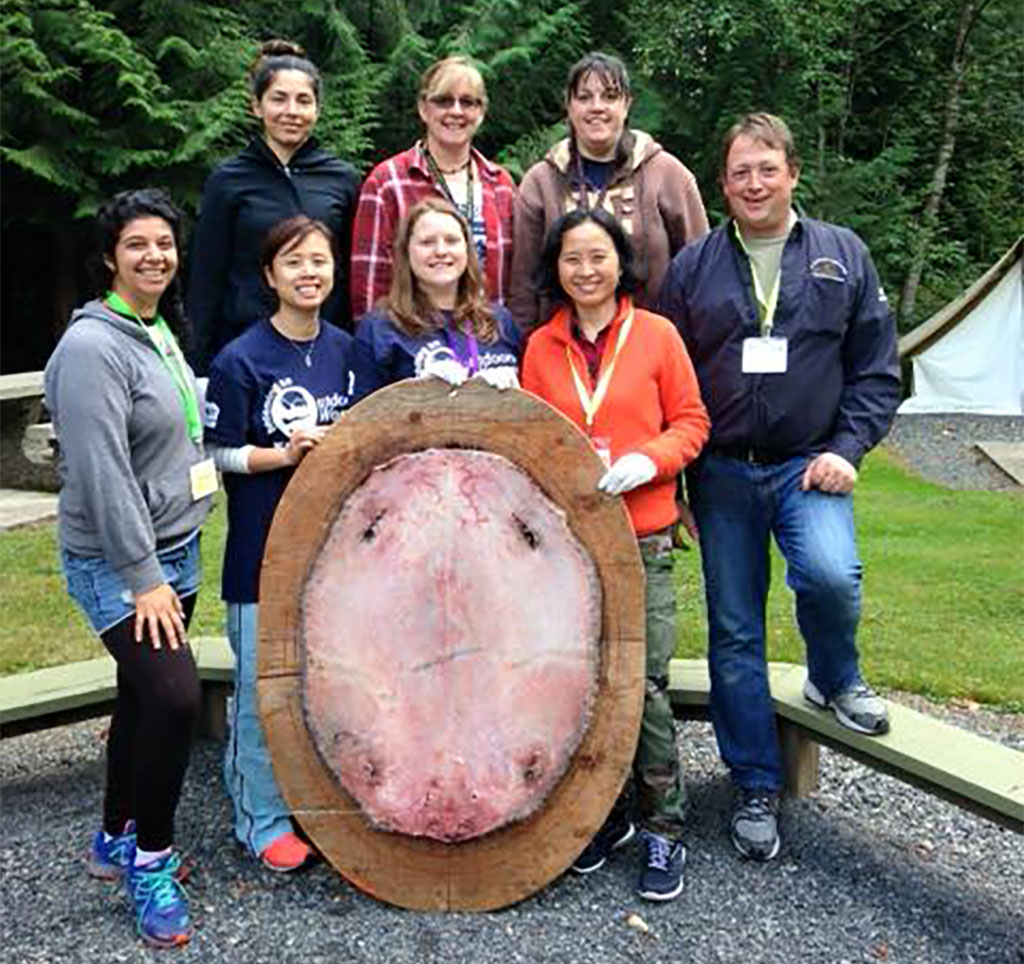British Columbia Trappers Association Marks 75 Years in Harmony with Nature
by Alan Herscovici, Senior Researcher, Truth About FurAs the oldest trappers’ organization in Canada, the British Columbia Trappers Association marks its 75th anniversary this year, but celebrations…
Read More

As the oldest trappers’ organization in Canada, the British Columbia Trappers Association marks its 75th anniversary this year, but celebrations will be muted thanks to the Covid-19 pandemic. TruthAboutFur visited with BCTA president Tim Killey to learn about all the exciting events that were planned but sadly now have been postponed.
TruthAboutFur: So Tim, the British Columbia Trappers Association was preparing for some special celebrations on the west coast this year, but the coronavirus has put a stop to all that. It must be terribly frustrating, but can you at least tell us about some of what was planned, and what may yet happen?
Tim Killey: Yes, the BCTA wanted to celebrate its 75th anniversary at our annual meeting in Kamloops, April 24-26, and we were certainly planning to have some fun!
You know, Kamloops was an original Hudson’s Bay Company trading post, so we were asking people to imagine they were coming to a Rendez-Vous, when trappers would gather at the fort to sell their furs. We were hoping that many would dress in old-time clothing and really play the part. We also planned to launch our Hall of Fame to recognize some of the heroes of our industry, and the contributions they have made.

TaF: Tell us about some of those people.
Killey: Well, we want to recognize people like Wayne Sharp, one of our oldest members, who ran the Prince George fur depot for many years. There was a time when it was said that if a piece of fur came out of BC, it probably went through Wayne’s hands.
TaF: People like that must have some great stories to tell.
Killey: Oh yes, like many old timers, Wayne is a great story teller, and we were looking forward to hearing some of his adventures during our “Campfire Tales” sessions. They were also going to be part of a live podcast by our special guests Rich and Sandi Mellon, hosts of Wild TV’s hit series Trapping Inc.

TaF: I believe you also planned to use the Rendez-Vous to highlight some of the contributions trappers make to conservation.
Killey: Yes, we would like people to know about success stories like how wolverine and fisher from BC were live-captured and reintroduced into Washington State. Or how we work to encourage forestry practices that better protect wildlife habitat – like not spraying to kill deciduous growth in pine plantations. We also want to talk about our BC Trappers Training Program, which we think is one of the best on the continent. Our program now includes three full 8-hour days where trappers learn about wildlife management, regulations and modern trapping methods, as well as the best fur-handling techniques, to ensure that the resource is well used.
We feel it’s important to encourage young people to get away from their laptops and cellphones for a while, and learn the skills they need to get out into nature.
TaF: And I hear you wanted to make this a real family event.
Killey: That’s right. We have a strong Youth Program, and the Rendez-Vous was to be free for kids up to 14 years old. We planned a special muskrat skinning competition for young people this year, as well as an organized visit to a wildlife park. And workshops on bush survival skills, leather and bead work, and even a session where they would build a bird house. We feel it’s important to encourage young people to get away from their laptops and cellphones for a while, and learn the skills they need to get out into nature.
TaF: Trapper conventions are also a good opportunity to share scientific information with biologists, aren’t they?
Killey: For sure. We’d planned several presentations from government biologists and veterinarians, for example about identifying wildlife diseases, and reports on new studies about key species. And, of course, this relationship works both ways, because trappers assist in providing samples or observational data for the research biologists.
TaF: It must also help to have good relations with your political leaders.
Killey: Yes, we’re lucky to have some politicians who understand and appreciate our industry. One of our speakers was to be Mike Morris, who is an MLA, an elected member of the provincial Legislative Assembly, and a trapper himself. We also have excellent relations with our wildlife department. We worked with them, for example, to develop signage we can use to warn the public to keep dogs on leashes during trapping season.

TaF: And what about you, Tim? How did you get involved in trapping?
Killey: That’s interesting, because although I have hunted since I was young, I’ve only been trapping for 12 years. My wife’s dad was a trapper and he’s the one who brought me out onto the trapline. I took to it with a passion, became an instructor, and then a board member of the association, and now president. I guess I don’t know how to say no, but like for so many of us, trapping is really a passion for me.
TaF: And how do you see the future for trapping?
Killey: Despite the current low prices for most species, there are definitely some positive signs. For one thing, lately we’ve been seeing a definite uptick in the number of young people taking our trapper education courses. I think it may be the reality TV shows that have attracted new people, including more women.
On the downside, our biggest concern right now, of course - like for everyone else - is Covid-19. We’d hoped the crisis would die down by the end of April so we wouldn’t have to postpone our meeting in Kamloops, but it's now clear that's not going to happen. Whatever happens, though, we’re planning a special collectors’ edition of our magazine for October, to celebrate the history of BC trappers. We’ll highlight past presidents, and we’re inviting everyone to contribute their memories and stories.
***
To learn more about donating to Truth About Fur, click here.







